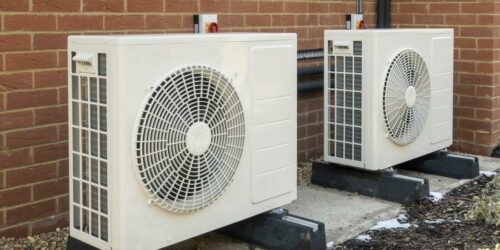Heat Pumps Could Match Gas Boiler Costs as Early as 2030
- £15 million funding towards innovation
- What’s the Heat Pump Ready Programme?
- Current costs of heat pump systems
- The benefits of heat pumps
The green revolution is upon us, and heat pumps have slowly been coming down in price. Over the next decade, it’s widely expected that they’ll achieve price parity with gas boilers. What’s more is that technological improvements will allow for better efficiencies in all weathers. This will only end up saving you money on heating bills.
This article will explore how the price is expected to come down for heat pumps, and why it’s important news. With households still reeling from the effects of the energy crisis, this comes at a good time. By changing to a low carbon heating system, you can become much more environmentally friendly.
Want to grab a great deal on a heat pump? Use our quote comparison tool to find out how much you'd pay. It only takes a minute.
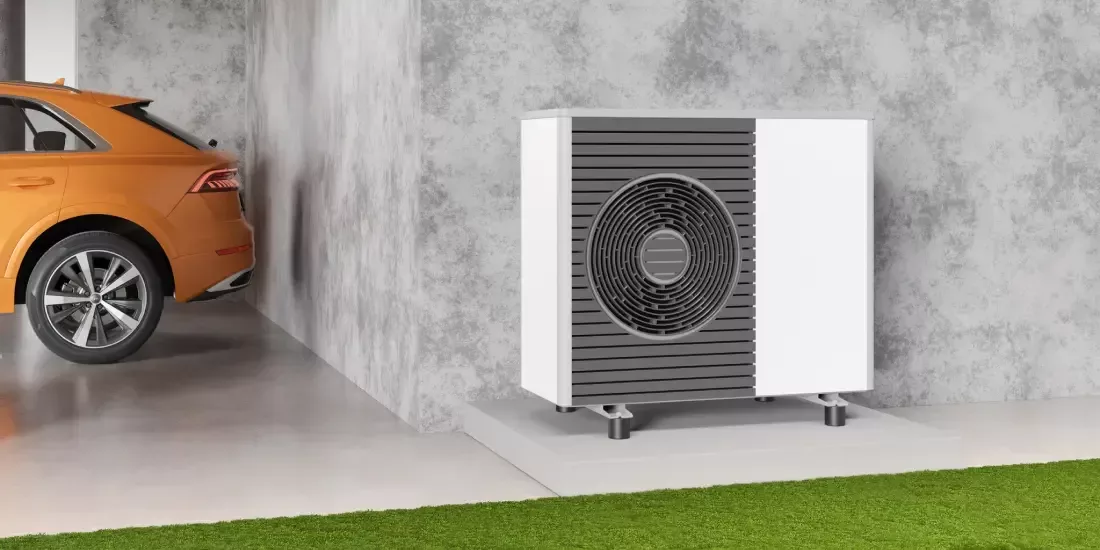
What's On This Page?
Click the links below and head straight to a specific section of the article.
What Are Heat Pumps?
Heat pumps are the government’s preferred low-carbon alternative to traditional gas boilers. They work like a fridge in reverse, taking the ambient heat from outside, amplifying it through a heat exchanger, and using it to warm your home. The unit transfers heat so efficiently that they dwarf the efficiencies of gas boilers by a significant margin.
While a gas boiler can be 90-95% energy efficient, heat pump systems are able to achieve an efficiency of 400%. This does differ depending on a number of factors, but heat pumps can effectively produce over 3kW of energy for every kW of electricity they use.
Types Available
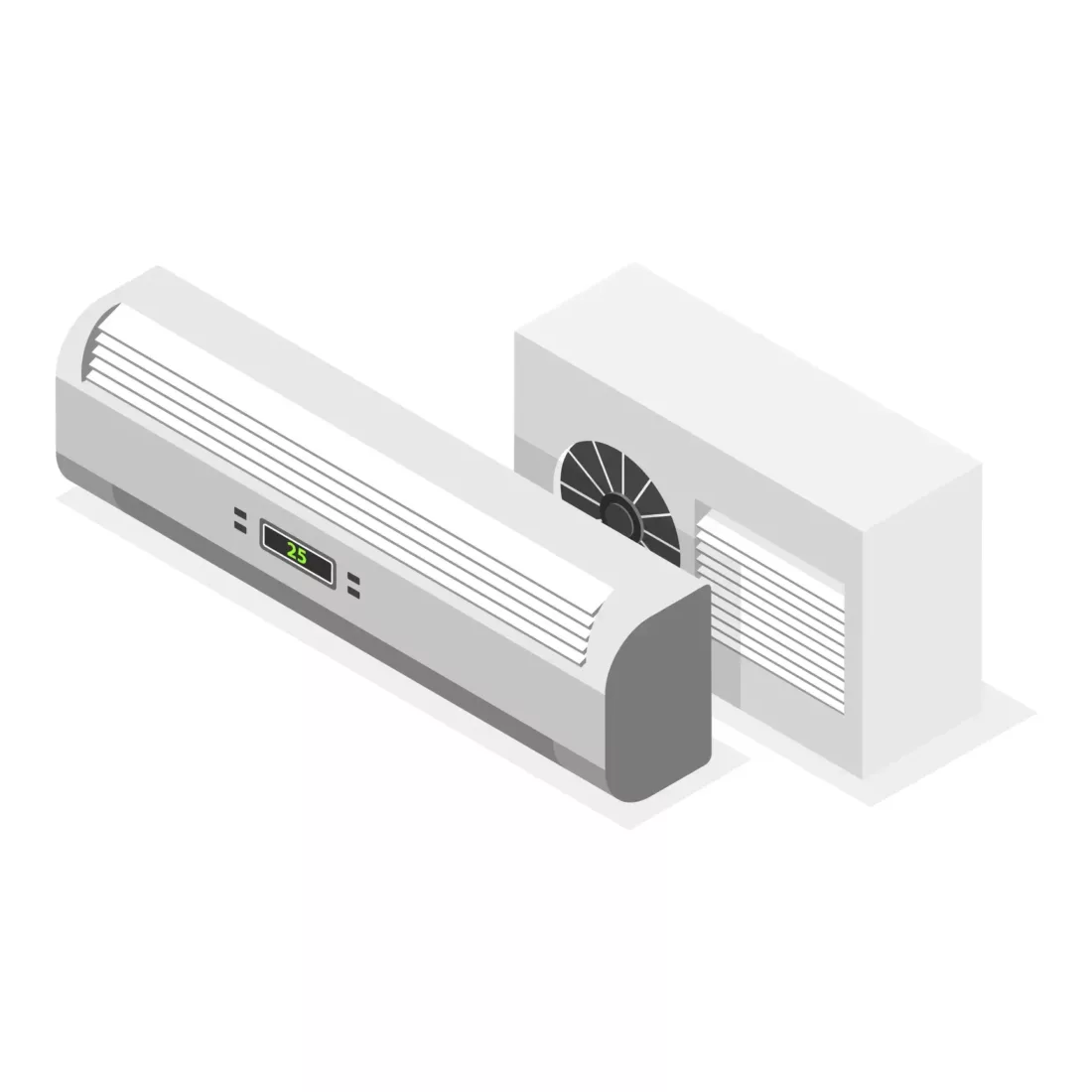
The two main branches are air and ground source, depending on where you’ll be drawing the heat from. Realistically, the majority of people will only be able to fit an air model. There are two types of air source heat pumps: air-to-air and air-to-water.
An air-to-air unit is good for space heating, capable of heating and cooling throughout the year. It spits out temperature-controlled air from wall or ceiling-mounted units. It effectively acts as an air conditioner, meaning it can’t give you hot water.
An air-to-water unit is capable of water heating as well as space heating. Water heat pumps are ideal for low flow systems, like underfloor heating.
You can always look at heat pump reviews for UK models to determine which model may be best for you.
History of Heat Pump Technology
Heat pump technology has been around for much longer than you may have thought. The first heat pump by today’s standards was created in 1856, and improvements in technology have come a long way since then. They’re now capable of heating larger buildings and operating at lower costs.
However, there has always been a real concern over the cost of heat pump systems. While the government has been incentivising people to get heat pumps with various schemes, typical costs are around £10,000 for air models, which is still a significant chunk to pay.
Thanks to more government funding, innovation will drive prices down in the near future. The current Boiler Upgrade Scheme (BUS) is due to run until 31st March 2028, which gives eligible households £7,500 off the installation of heat pumps. Funding is available on a first come, first served basis.
Heat Pump Ready
Overview
The £15 million government funding is part of the £60 million Heat Pump Ready Programme, which aims to reduce the barriers of choosing heat pumps and looks to increase their rollout in homes and businesses across the UK.
Progress
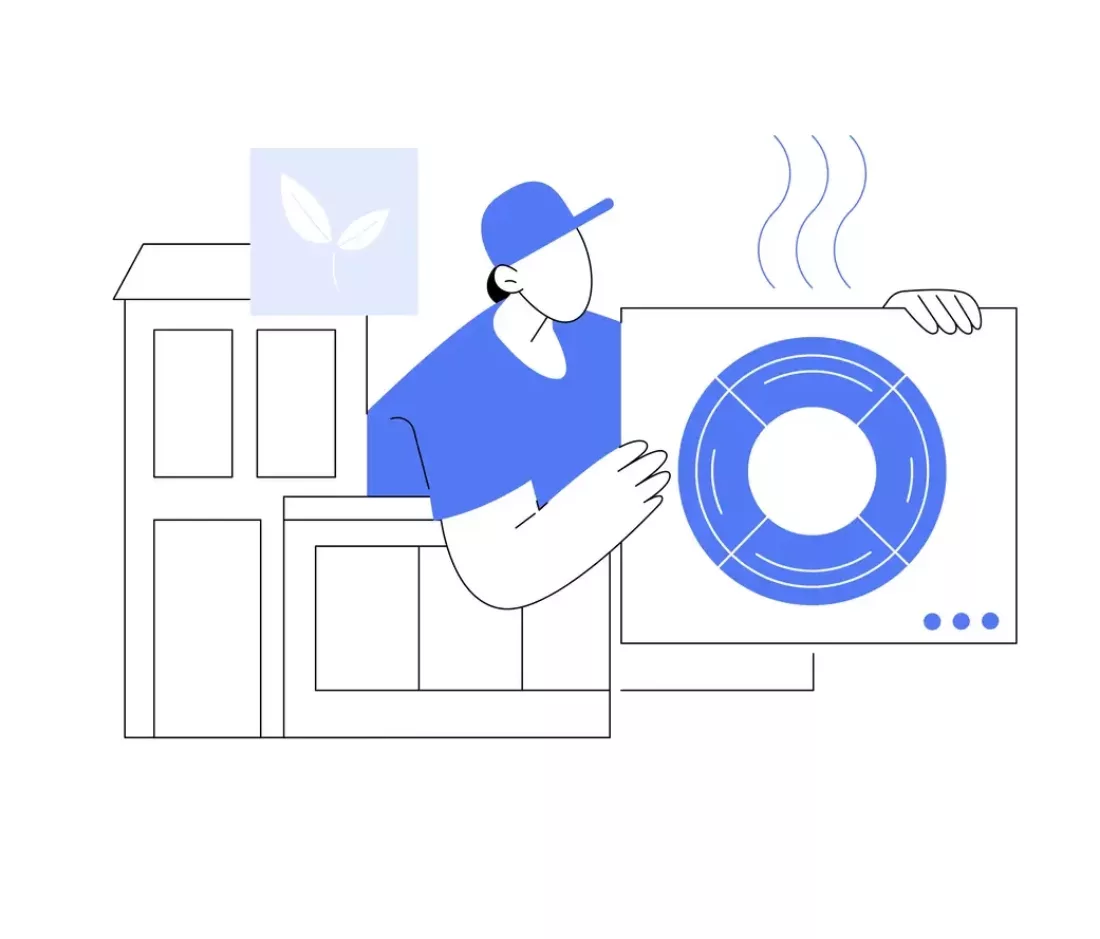
The government previously stated a target of 600,000 heat pump installations per year by 2028. According to the Heat Pump Association, heat pump sales were at 35,000 in 2019 but had risen to 67,000 in 2021. While this is a hefty increase, it’s still only 11% of the total goal.
This percentage should rapidly increase once the Heat Pump Ready Programme really starts to kick in. It’s an investment that will lead to heat pumps costing the same as gas boilers (to buy and to run) by 2030. Fortunately, though that’s a few years away, there is a closer target of a 25-50% cost reduction by 2025.
Objectives
The Heat Pump Ready Programme targets consist of the following:
To reduce costs and increase the performance of domestic heat pumps
To minimise any disruption during the installation process
To support an increase in heat pump system deployment
Reduced Costs
This programme will be used alongside the BUS, which gives you a discount of £7,500 off the cost of installing heat pumps. Both of these initiatives will bring the price down, so you yourself can be heat pump ready.
And the cherry on top of the cake? VAT has been scrapped on heat pumps since April 2022, so there’s even more savings to be made.
Current Heat Pump Costs
Purchase and Installation
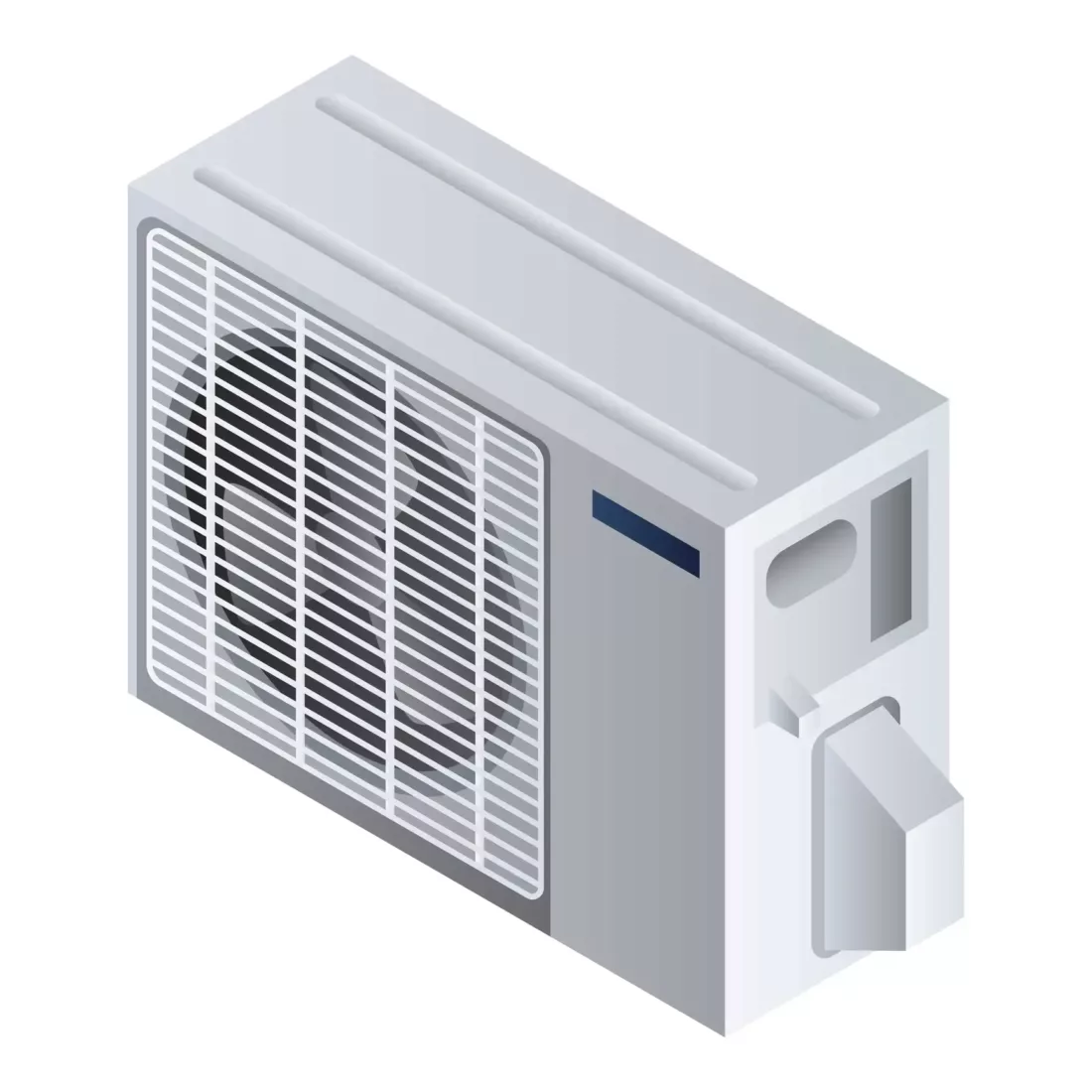
Air source heat pumps can cost anywhere between £1,600 to £18,000, while ground source heat pumps can cost between £12,000 and £31,000 because they are a lot more invasive and require a longer time to install. The installation cost varies depending on how much work your home needs to house the system.
While this is a significant cost, the low energy bills and maintenance costs offset this. The system itself can last for 20-25 years, which is at least double the lifespan of a gas boiler. This means that you’ll be saving more over the course of its useable life.
The factors that affect these costs are many and various. It’s dependent on the size of your property, how effective your insulation is, which brand of heat pump you go for and also the size of your radiators.
Radiators for a heat pump system typically need to be two and a half times larger than the size needed for a gas fired boiler. This is to compensate for the low flow temperatures they use, which requires larger surface areas.
According to data from MCS, the average cost of a heat pump (including both ground and air source) installation across 2023 was £12,606. You can see how the cost differed across the months throughout the year in the graph below.
With the more expensive ground source heat pumps, take a look at the typical costs seen across the year in 2023 in the interactive graph below. It also shows you how much you might have paid if you made use of the BUS. Bear in mind that installation costs can elevate this even further.
Operation
The true operating cost needs to be calculated yourself as it depends on the efficiency of your heat pump system, as well as the required room temperature and the heat source used. Heat pumps work to lower temperatures than gas boilers by at least 20°C. In the winter, for example, they may need to be run constantly because they work to 50°C instead of the typical 70°C radiator output provided by gas boilers.
Heat pumps work in temperatures as low as -20°C, but the lower the temperature, the less efficient the heat pump will run and the more electrical energy required to extract heat effectively.
If your heat pump is incredibly efficient and produces 3kWh of heat for every kWh of electricity used, you can see a potential running cost of £980 a year. This calculation is based on the average heating demand for a household in a year (12,000kWh) and the price of electricity at 24.5p/kWh.
How Much Can I Save?
According to data from Energy Saving Trust, you can save anywhere between £105 and £2,300 a year on your energy bills by switching to a ground source heat pump. An air source heat pump will save between £65 and £1,100. This depends on your house type and various factors of your home, such as the levels of insulation, but the savings gained from heat pumps are nothing to be scoffed at.
For a detailed analysis of fossil fuel gas boilers vs heat pumps, see our accompanying guide.
Gas Boiler Ban
On top of the innovation and prices being driven down, the gas boiler ban is supposed to come into effect by 2035. This will also have an effect on heat pump prices, as more and more people will start to look at alternatives.
Thanks to all these factors, heat pumps will grow in popularity as the years go by, so a green future is not so out of reach. Investing now is a good way of decreasing your energy bills and getting ahead of the high demand expected.
Heat Pump Benefits
Heat pumps are looking to be the preferred method of home heating for a greener Britain. You can enjoy the following benefits from a heat pump system:
Cheaper energy bills
Installation subsidy available
Lower carbon emissions
Minimal maintenance
Heats air and water to your home
Clean energy
No direct greenhouse gas emissions
If you’re looking to install a heat pump, there are options to suit every household. From hybrid systems, which still make use of a boiler, to completely changing your heating system, you can do whatever works for your property.
Find out how much you’d pay by clicking on the button below.
Related articles
View all Heat Pump articles
Samsung Air Source Heat Pumps: Overview and Costs
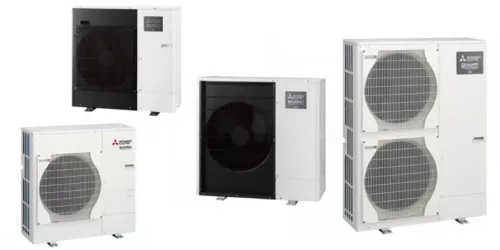
Mitsubishi Air Source Heat Pumps: Overview and Costs
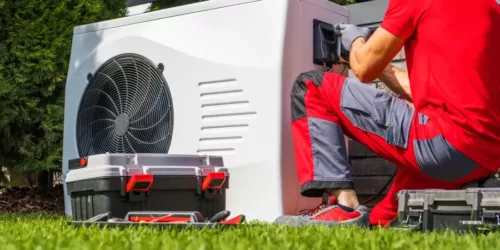
The Cost of an Air Source Heat Pump Service
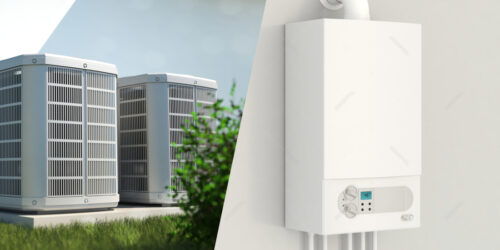
Heat Pump vs Gas Boiler - What's Better?
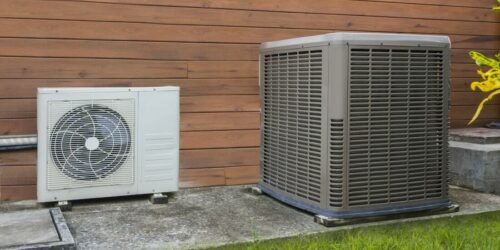
Different types of heat pumps: what’s available?
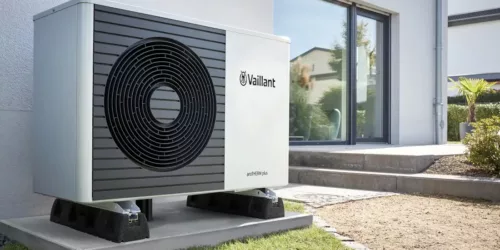
The Ultimate Guide to Vaillant Heat Pumps
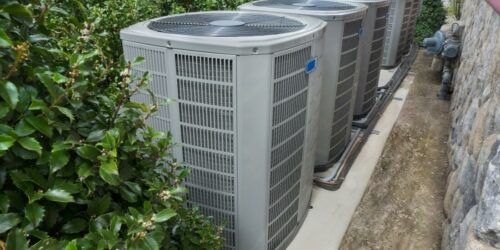
How Do Air Source Heat Pumps Work?
